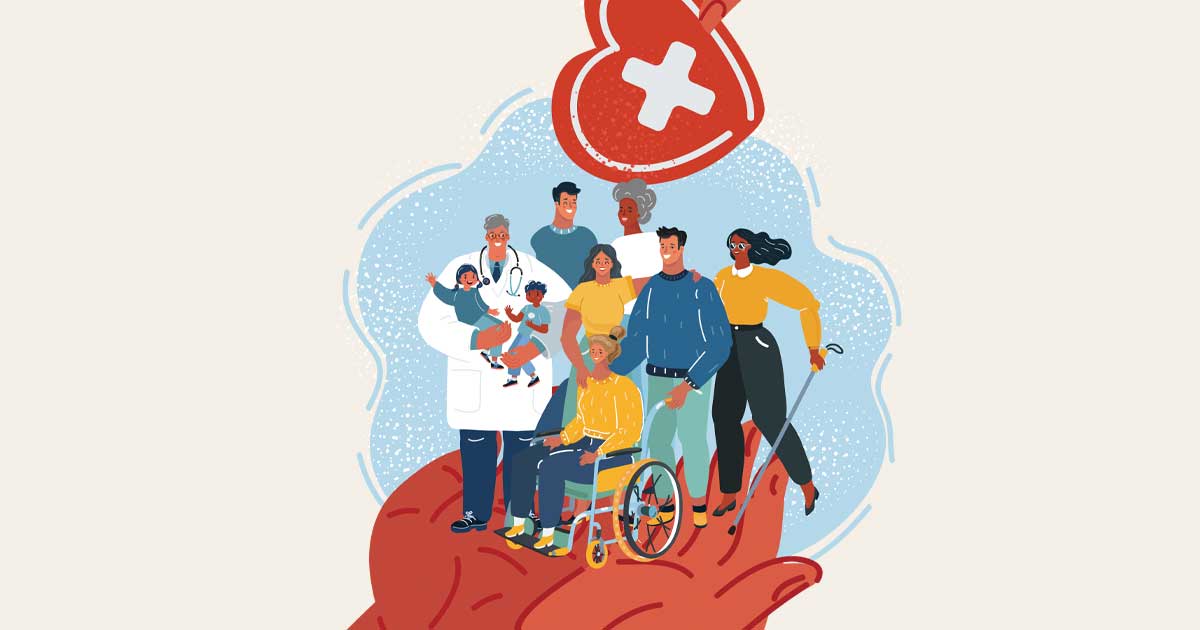The pervasiveness of social media in modern life is undeniable. However, alongside its benefits, a growing concern centers around its potential to narrow our perspectives and subtly manipulate our behaviors.
Echo Chambers and Filter Bubbles
The terms “echo chamber” and “filter bubble” are frequently used to describe this phenomenon. Echo chambers refer to online spaces where users primarily encounter information confirming their existing beliefs. Filter bubbles, driven by algorithms, personalize content, limiting exposure to diverse viewpoints. Both contribute to a fragmented information landscape.
Research suggests that while the impact of these phenomena varies, concerns about their contribution to political polarization and the spread of misinformation are valid. Algorithms, designed to maximize engagement, can inadvertently reinforce biases and limit exposure to challenging perspectives.
The Role of Algorithms and Dark Patterns
Algorithms play a key role in shaping the information we see online. They curate content based on our past behavior, creating a personalized experience that can become increasingly insular. Furthermore, “dark patterns,” deceptive design practices, can exploit cognitive biases to influence user behavior, subtly nudging us towards specific actions or choices.
Consequences of a Shrinking Information Landscape
The consequences of a shrinking information landscape are far-reaching. Reduced exposure to diverse perspectives can hinder critical thinking and contribute to increased polarization. Furthermore, the spread of misinformation within echo chambers can have real-world impacts, influencing everything from political discourse to public health decisions.
Navigating the Digital Landscape
Navigating this increasingly complex digital landscape requires conscious effort. Being aware of the existence of echo chambers and filter bubbles is the first step. Actively seeking out diverse sources of information, challenging our own biases, and engaging in respectful dialogue with those holding different viewpoints are crucial for fostering a healthy information ecosystem.
Ultimately, the responsibility for maintaining a broad perspective rests with each individual user. Critical engagement with online content and a proactive approach to information consumption are vital for mitigating the insidious effects of a shrinking digital world.


